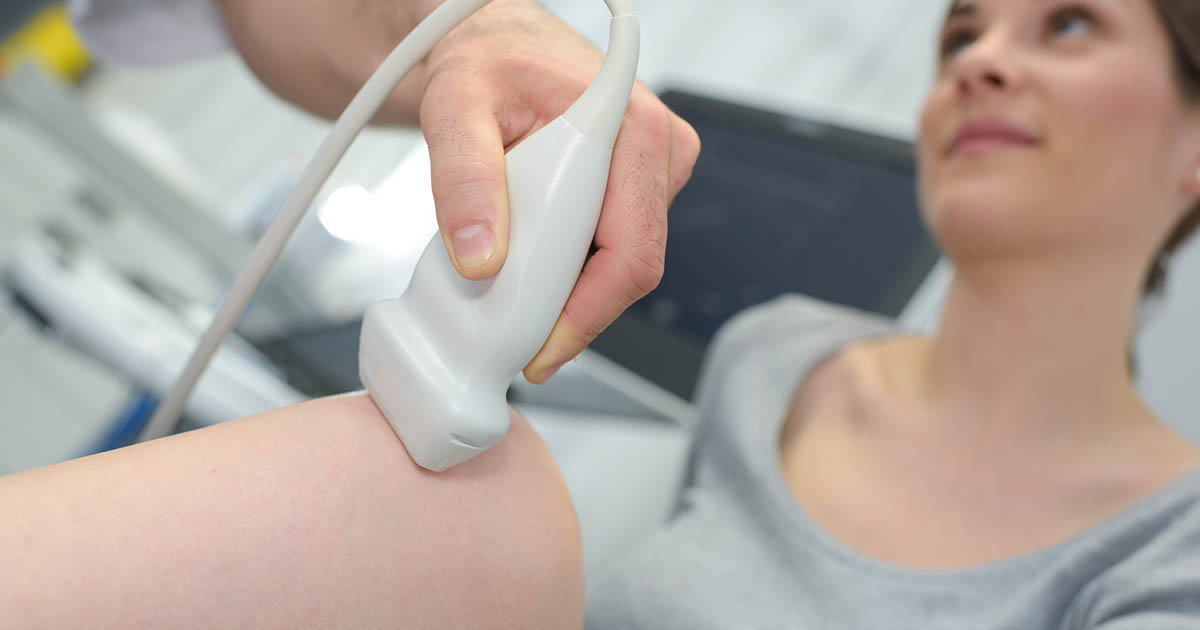Signs Of Osteogensis Imperfecta
Loose Joints

Collagen isn't just important for a person's skeletal system. The protein is part of many other parts of the body. Improper collagen production, while leading to its most severe symptoms in the skeleton, can also cause issues with loose joints, weak muscles, brittle teeth, and hearing loss.
Collagen is a crucial factor in the creation of the cartilage layer between joints. The cartilage is what cushions the bones and keeps them from rubbing together. In osteogenesis imperfecta patients, such cartilage will often be improperly formed or fail to form at all. This prevents the body's joints from developing properly, which can lead to looseness. A loose joint can move further than the usual range of motion. Though mobile joints are common in many individuals, they can cause an increase in joint pain for OI patients, especially when the protective cartilage fails to form at all.
Individuals with osteogenesis imperfecta may experience more frequent dislocations and bone displacements than the average population, even when a bone fracture isn't involved.